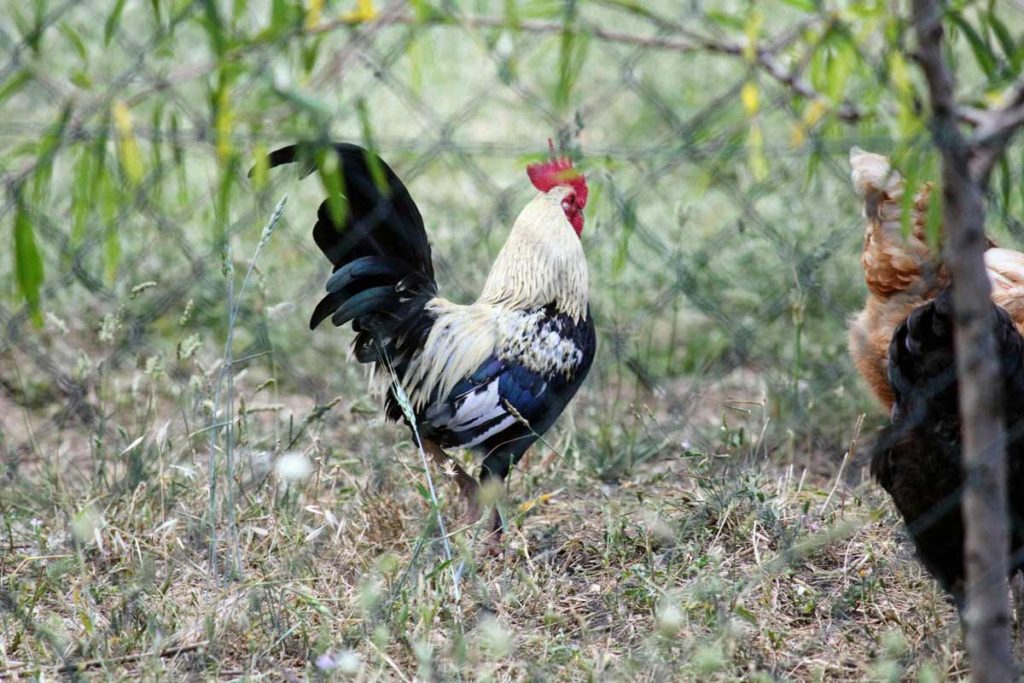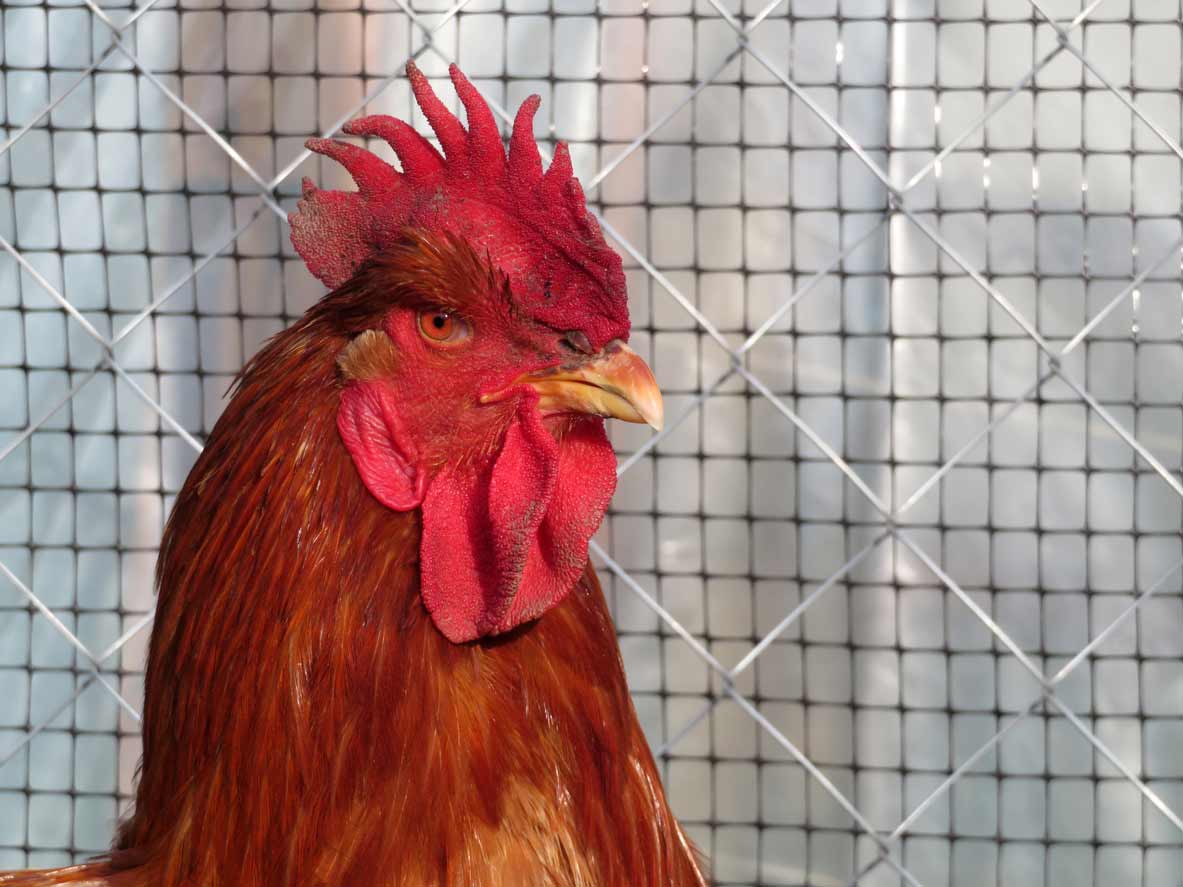Whether you’re buying a metal chicken coop or building one, you’d want only the best for your beloved birds. However, when you finally set out to buy one, you might be confused by the wide variety of metal coops on the market that many a hen would love. This could potentially lead to you making a rash decision and regretting it later.
The smart idea is to make a checklist about all the things you need or want in your metal coop. By drawing up some simple chicken coop plans, you can include a number of different factors such as the area, size, components, and the number of doors,the weather (heat lamp for cold weather, etc.) and so on to make it perfect for raising chickens and receiving fresh eggs every day.
If you’ve never kept chickens before, it can be quite difficult for you to know what the ideal case is.
Here is a complete checklist of what to consider when buying a new metal chicken coop.
Read up on Zoning Regulations
Your first order of business should be to check with the local authorities and find any zoning regulations. Some areas might not allow too big of a coop while others may limit the number of chickens you can keep.
Otherwise, you might end up buying the wrong metal coop which may land you in legal trouble.
Location
Take a thorough look at where you will be placing your coop. Is it in the direct sun at all times? Is it too close to the fence where the neighbor’s dog might be able to attack your birds? Also, look at how much space you are willing to dedicate to the metal coop.
Use a tape measure and measure the dimensions of the location. It’s best to leave some space around the coop for any fencing you might want to add later. Ensure that your metal coop measures less or equal to the size of the allocated spot.
Dimensions
While it is important that your coop’s dimensions match your allocated location, it is also important to consider other factors. The number one factor here is the number of chickens you plan to have. Ideally, the size should be enough to accommodate all of your chickens while also making them feel comfortable.
For this, consider the size of your chicken. If you’re going for a smaller breed, you might not need to worry about the space too much. Some bigger breeds such as the Phoenix and the Jersey Giant require a lot of space due to their long tails.
There should be at least 4 square feet of space for each bird. For average sized birds, 2 square feet of space per bird is enough.
You should also consider the height of the metal coop. If you’re going to be taking care of the chickens, ensure the height is sufficient to allow you in. The tallest person caring for your chickens should be able to fit in easily without any bumps or bruises.

Proofing Against Predators
It is critical that your metal chicken coop comes with adequate safety measures against predators such as dogs and foxes. For example, placing hardware cloth on all window openings is a big advantage as it prevents any predators from sneaking in and keeps some of the elements out.
Also, if your area has a fox problem, you need to ensure that the coop comes with a hard floor or an impenetrable mesh floor that prevents them from digging under the coop.
In addition, check the metal coop for any gaps or spaces. Smaller predators can easily squeeze through the smallest of openings and attack your chickens.
If the door has a simple latch, larger animals can easily open it. The door should be tall and should include more than one locking mechanism.
Ventilation
Another crucial aspect you need to consider is the ventilation. Proper ventilation can help eliminate moisture and cold in the winter and reduce heat in the summer. Moisture in the winter can cause illnesses and frostbite among chickens.
If your coop is well ventilated, it will regulate the moisture and heat during all seasons.
The features that contribute to good ventilation are ventilated ridges in the roof, a hardware screen door, louvers, windows, and gable vents et cetera. The ideal situation is that it should remove moisture and heat whilst also eliminating any cold winds or drafts.
Maintenance
It’s quite obvious that you’d want a metal coop that is easy to clean. Let’s face it! Your chickens can end up picking up parasites such as mites which may require intensive cleaning. Therefore, it is imperative that you can reach each nook and cranny.
Metallic coops are generally easier to clean and maintain than wooden ones. This is because wooden coops are built with pallets or boards which result in a lot of nooks and crannies.
Roosting and Nesting Space
An average sized chicken needs about 12 inches of space for roosting. If you have multiple chickens, there should be adequate space for all these birds. Moreover, there should be sufficient space between the roosts of about 18 inches. In addition, roosting spaces must be at least 12 inches away from the wall.
Apart from this, there should be adequate space for the nesting boxes. Generally speaking, one nesting box will suffice for four hens. So, buy a metal coop that can easily accommodate for roosting as well as nesting.
Pop Holes
A pop hole is an entrance that is meant for birds. Having one in your metal coop can be a great idea as it allows you to open the hole from the outside. Ensure that it comes with a locking mechanism to avoid any predators. For average birds, popholes of about 10 x 12 inches might be sufficient. For bigger birds, you may need to make it 12 x 12 inches.
Final Thoughts
All in all, following this checklist, helps ensure that you buy the perfect metal chicken coop for your birds. This way you can get the best ventilation, size, roosting space, and security all in one coop.
While you might not live in the coop, it is still important that you can easily enter, move around, and clean it. In case you do not find a metal coop that ticks off all the boxes, don’t sweat it. You can easily build one yourself!

